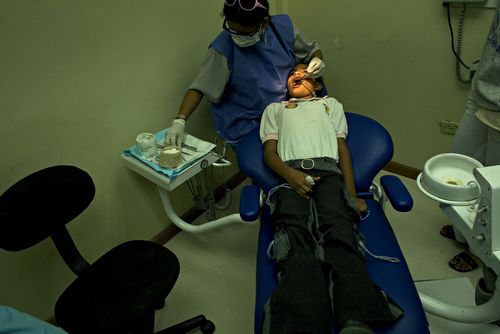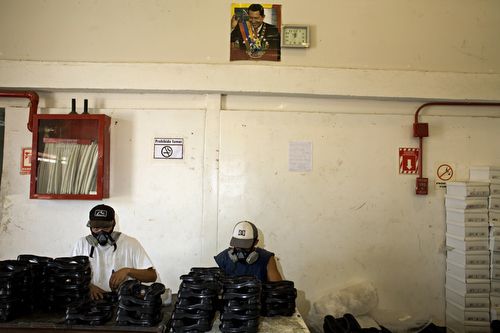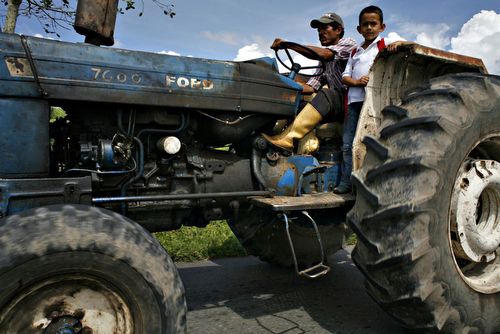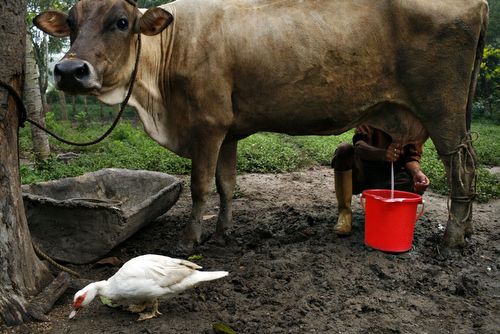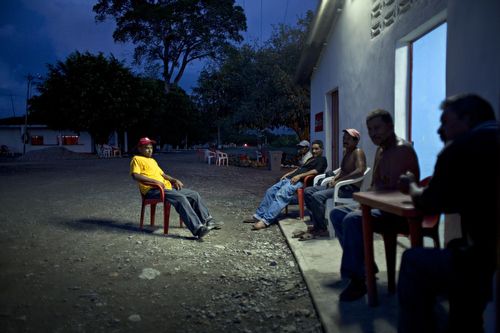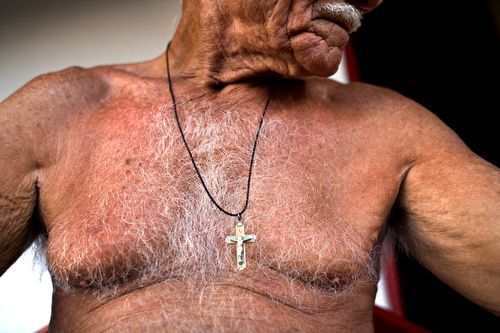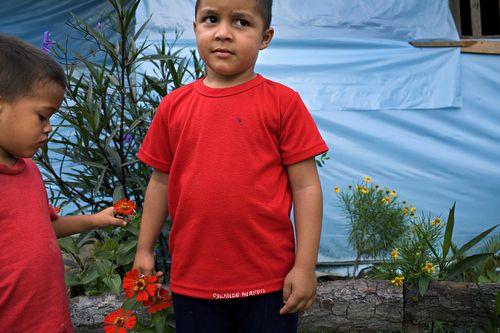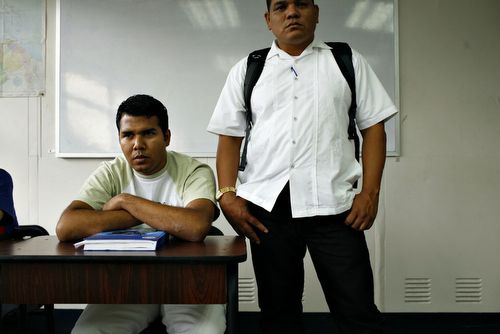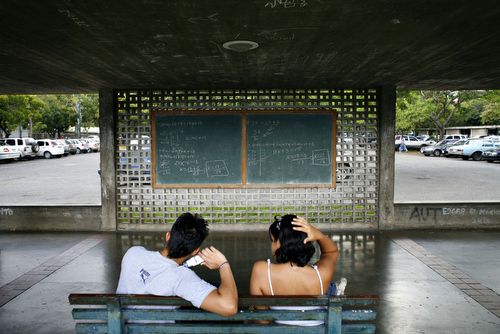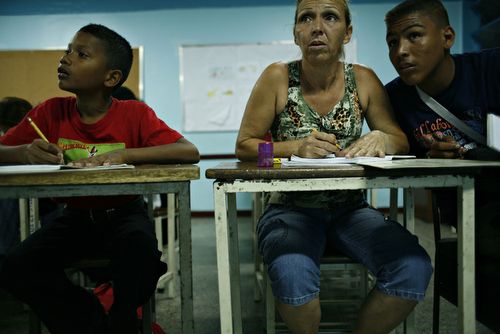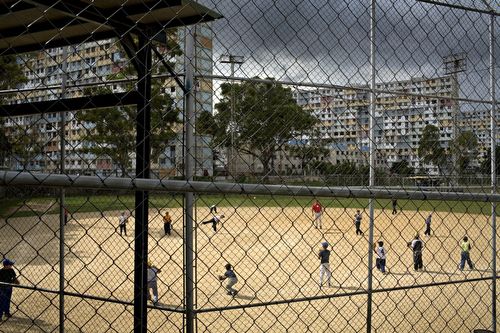November 16, 2006 | Pulitzer Center
President Hugo Chavez is despised by many in his country for what they see as populist demagoguery and reckless policies, but that is not the case in the barrios and isolated rural hamlets of a country that remains extraordinarily poor despite its equally extraordinary wealth in oil. What poor and long marginalized Venezuelans see in Chavez are programs like free dental care, access to education and aid to the less advantaged in city and country alike.
